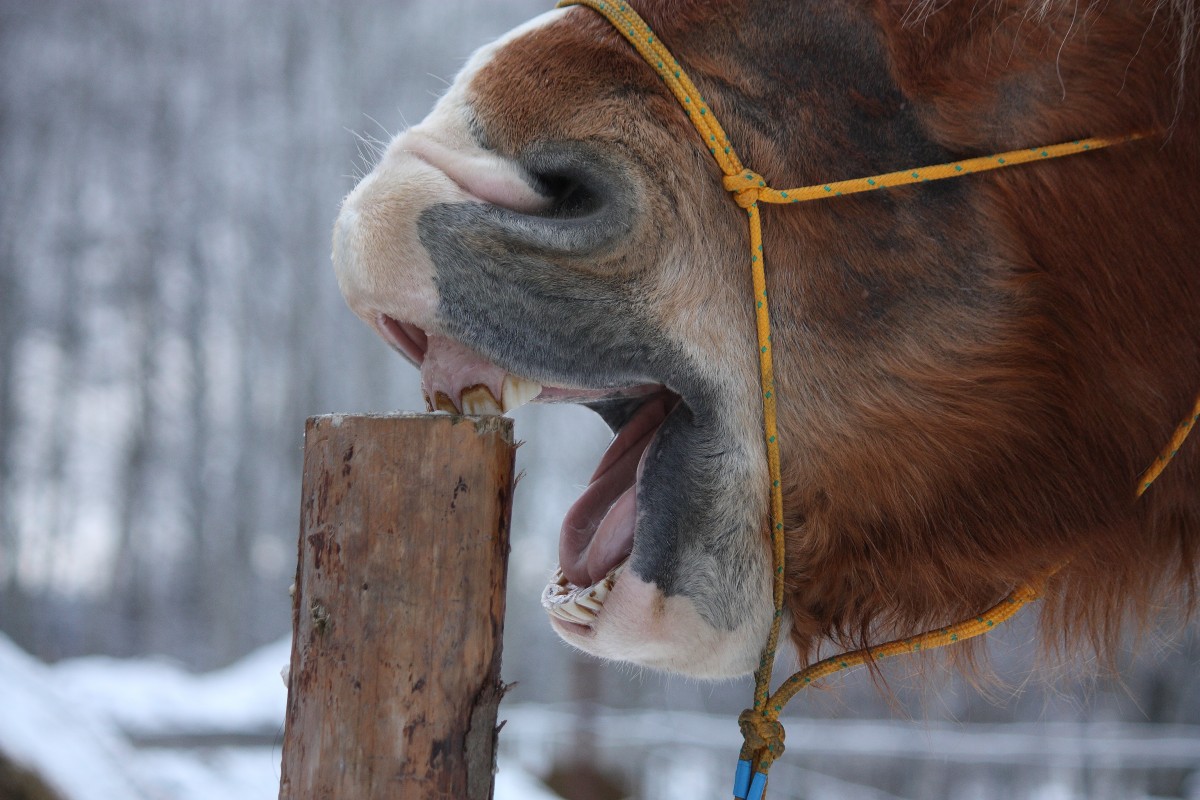Stable vices such as cribbing (and also air sucking) appear quite often with horses. This even appears with horses which are further healthy. It is a nasty habbit which you, being the owner of the horse, most definitely would not accept. Whenever cribbing is mentioned in this article this should be understood as being air sucking as well.
Is cribbing a ground on which you may annul the purchase agreement?
Should cribbing be considered a defect on which you may annul the purchase agreement? Or should be stated that as a consequence of the cribbing the horse is no longer suitable for the purpose which it was purchased for, for instance as a sports horse. Several times in the past the Court of Arnhem, the Netherlands, (better known as the district Gelderland) has ruled that it is not entirely necessary to state that the horse is not suitable for the purpose. Stating that the horse is unsuitable is a difficulty when it comes to cribbing now that this does not mean that the horse is unsuitable for participating in competitions. In the event that, according to the Court, it is clear for the seller that the buyer does not wish to buy a cribber and the horse does appear to be a cribber after the sale and purchase, this leads to a defect / non-conformity and therefore a basis on which the agreement may be annulled. In short, if you have explicitly asked the seller if the horse does not have any stable vices, or more specifically, whether the horse is a cribber and these questions have been answered with a negative response, you are in a favourable position when it comes to annulling the agreement if the horse does show these stable vices shortly after delivery.Even in the event that the horse still participates in competitions at a high level and performs well this does not form an obstruction to be able to annul the agreement.Question is whether the Court will stay in line with the case law. Currently a case is being handled at Schelstraete Equine Lawyers in which the purchase agreement has been annulled by the buyer due to cribbing. We expect that the judge will rule in line with the case law. When the outcome of this matter becomes known, Schelstraete Equine Lawyers will inform you accordingly through her newsletter. Term for antedating Do note that cribbing comes with a short term for antedating now that this stable vice can be developed quickly. The defect can already be detected within several days after delivery of the horse. If the stable vice is detected sometime after the delivery took place, there is a risk that you will be unable to prove that the horse already was a cribber at the moment of delivery. So if you discover within a short timeframe that your horse is a cribber, it is advisable to document this with for instance a video in order to secure your rights. Do you have any further questions on this subject or other legal questions and/or issues you may then contact the writer of this article mr. Amanda Brouwers – Schelstraete Equine Lawyers. The complete decision and in particular the interesting reasoning of the Court can be found on rechtspraak.nl (only available in Dutch).

